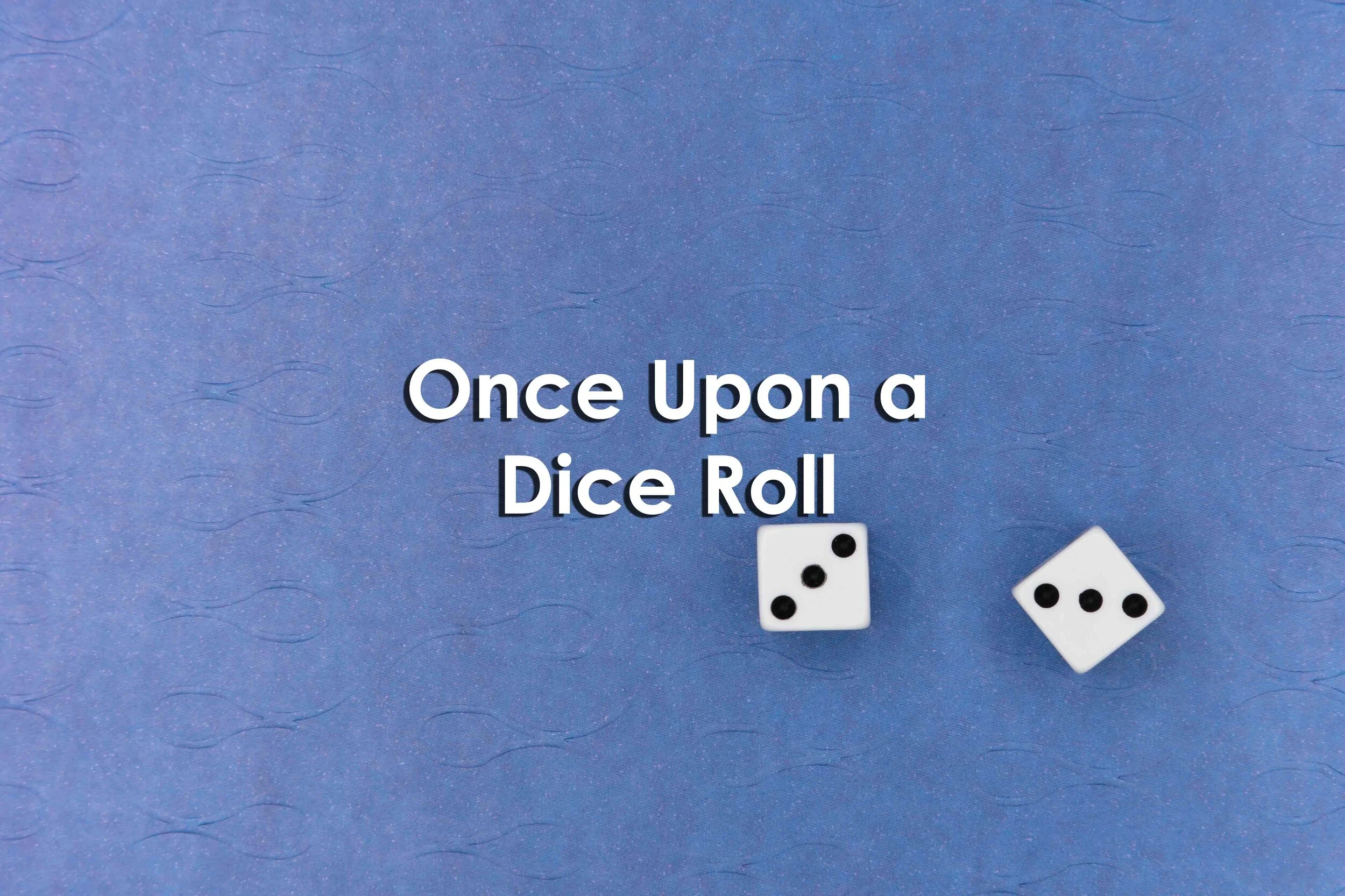Once Upon a Dice Roll
Once Upon a Dice Roll
Once Upon a Dice Roll
By Nia Wearn
July 27, 2020
Summary
The first year Narratology for Games module has, as many long standing and ever-evolving programmes do, had an interesting history of being split, merged, moved around and eventually settled into its slot as a popular optional choice in the raft of first year choices.
While the lectures in the first semester look at introducing the history of narrative games, Interactive Fiction examples and experiments, live readings of Choose Your Own Adventure Books, Group play of Zork, narrative theory, game break downs etc the practical assignment in the first semester is simple.
Dipping their toes into auto-ethnographic analysis works well too to remind them they are starting on an academic path where we'll encourage them to stop considering themselves just to be players of games - but designers and producers of them too.
The complexity of the game is entirely up to them and much of the assessment focuses on their participation of documenting their games production and how they have interacted with the iterative design process laid out for them.
The only constraint on the game is it must relate back to the random selection of story dice assigned to them - the dice rolls look like this.
The students are allowed to take them however they wish, and drop one if they want to, as long as they explain why they've dropped it in their production notes - but traces of the narrative aspects of these dice must be evident in the final version of the game submitted.
Alongside the creation of their own games, sometimes this is the first time the students have made a game solo, we also ask them to analyse the narrative of a game from the last 5 years - bringing that back to the narrative theory we introduced in the first semester, and expand on in the second.
Students come out of the module being able to call themselves 'games designers' for the first time - and often TWINE games turn up in Games Jams and projects going forward.
Most of all this module with the analysis and the application of narrative and narrative theory dispels the idea that there is a role for the 'ideas person' who won't need to understand engines, or code, or consider how their narrative effects the production of a game or the people that will play it.
Nia Wearn is a senior lecturer in Gameplay & Games Studies at Staffordshire University - She talks about Game and Level design, Narrative, Production, Business issues and Marketing.
Reference
Wearn, N. (2020, July 27). Once Upon a Dice Roll. Retrieved July 28, 2020, from https://www.ludogogy.co.uk/article/once-upon-a-dice-roll/


